A state has the policy to neutralize its security threats. In early days physical attacks and defending such attack was important but now cyber attack and data theft has become more important. After the end of second world war and establishment of UN, physical attacks has been too few and far between. At this point in time, expansion of terrorism is a major concern. Other security threats include border dispute, arms smuggling, human trafficking etc. UN as a global institution has been working on global scale for collaborative system of security.
Areas of Security management
1. External security management
- Border security: Prevent border encroachment by bilateral agreement
- Terrorism control: Cooperation with regional and global actors, strengthen domestic security
- Cross border crime: arms smuggling, human trafficking control
- Neighborhood relation: balanced relation among neighbors and collaborative mechanism
2. Internal security management
- Internal political conflict: conflict resolution through dialogue
- Ethnic/religious conflict: can cause civil war if not managed property.
- Organized crime: money counterfeiting, drugs smuggling, arms smuggling
- Social crime: Murder, rape, theft
Provision of national security in Nepal
- National security is very important not only for a nation but its effectiveness impacts its neighbors and world as a whole. A nation affirms its belief in peace by showing its support to various principles like Panchsheel, UN charters etc.
- Nepal has raised its voice to protect sovereignty, territorial integrity, national pride along with protection of human rights. Nepal has firmly, put forward its view against terrorism and armament in international forums like UN.
- Regional cooperation for collective security has been Nepal’s motto and its membership at SAARC (South Asian Association for Regional Cooperation), BIMSTEC (Bay of Bengal Initiative for Multi-Sectoral Technical and Economic Cooperation) proves the same. Nepal is also working on preventing human trafficking, terrorist activities, money laundering, arms race etc.
- Peaceful resolution of border dispute with neighbors has been a priority.
- Security committee has been formed to resolve local security problems.
- Flexible policy of conflict resolution is in operation.
- High alertness is given to resolve conflict relating to ethnicity and religion.
- Massive effort given to control social conflict and social crime.
- Control of organized crime and policy/law formulation to punish them appropriately.
- Establishment of security committee like central security committee under Home ministry; regional security committee and district security committee under chief district officer (CDO).
- Formation of various security bodies like Nepal Police, Armed Police Force (APF), Nepal Army, CIB (Central Investigation Bureau) etc.

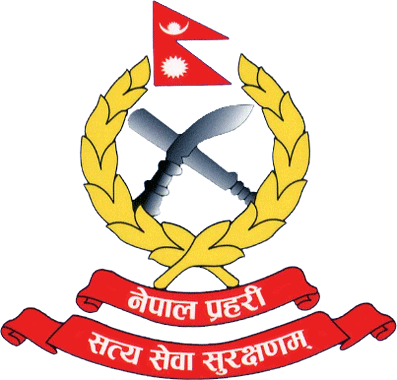
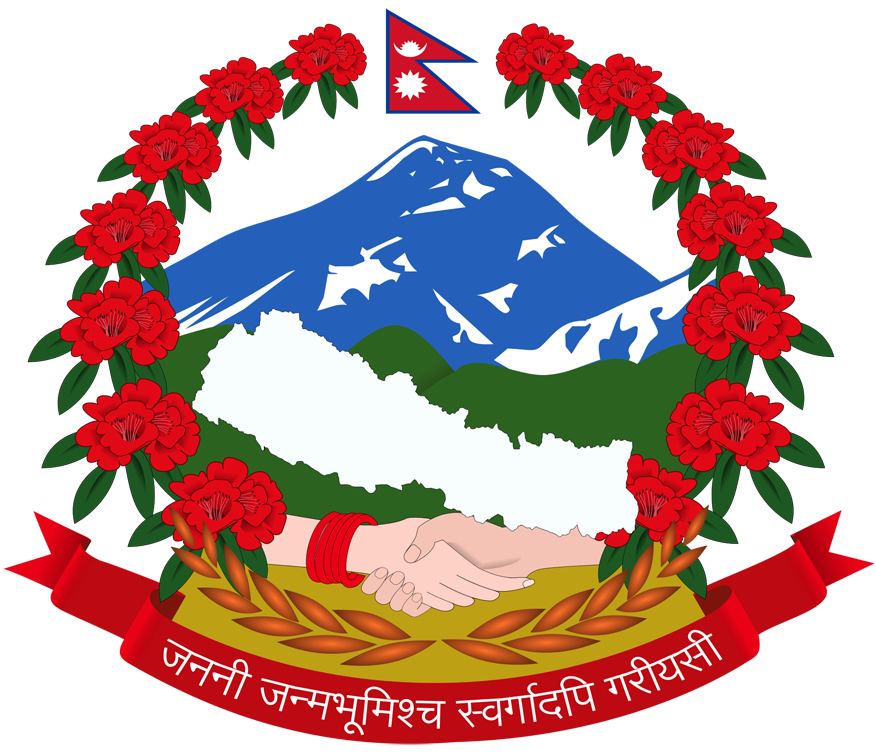
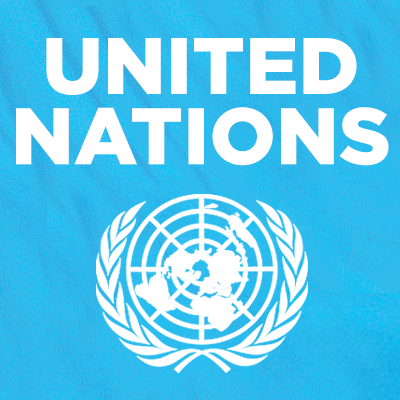



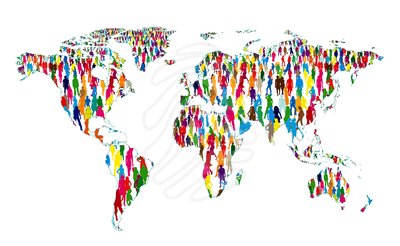

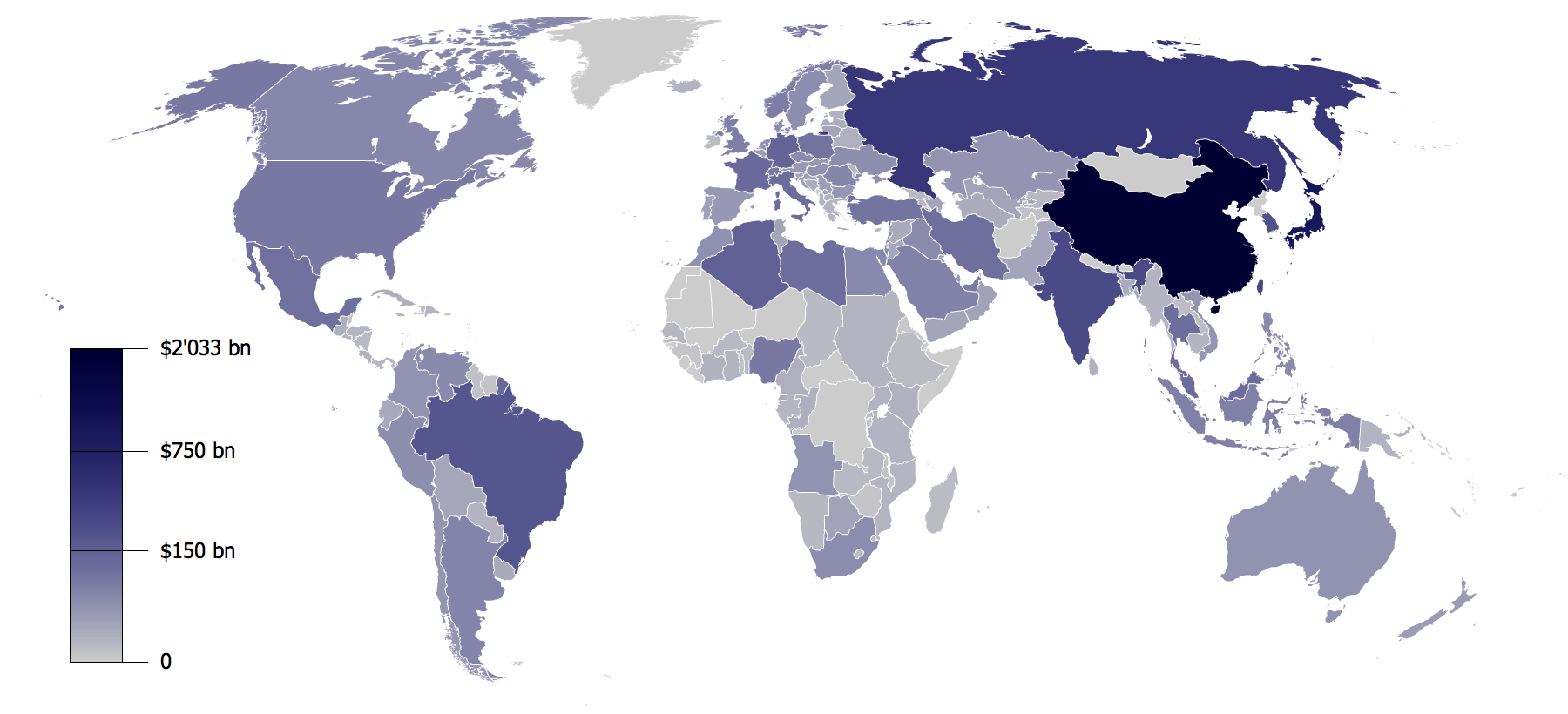
thank you very much for the information.very good information. very helpful to us. expecting more updates from you.
good work
Many many thanks for content in english. May your wish come true.
very informative
if you have other notes on first second and third paper ( law) please send it will be great help…..